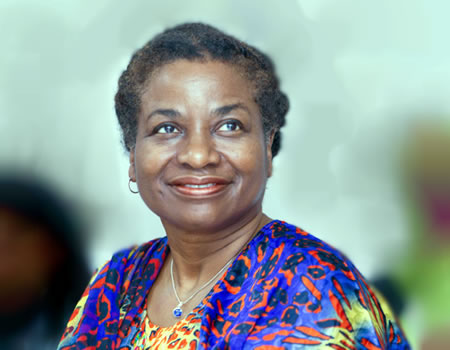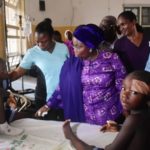EXECUTIVE Director, United Nations Population Fund (UNFPA), Dr. Natalia Kanem, has said that women’s empowerment and gender equality are critical to achieving the Sustainable Development Goals.
Dr Kanem, in statement to mark the International Women’s Day, stated that 25 years after the 1994 International Conference in Population and Development (ICPD), many women’s reproductive health and rights are still unmet.
She declared that hundreds of millions of women still lack the power to make their own decisions about whether, when, with whom or how often to become pregnant.
Olatoye’ Sugar’s killing: Police arrest Oyo Assembly Chief Whip, Akinmoyede
According to her, realizing the reproductive health and rights of women is linked to sustainable development.
She stated, :“That’s why UNFPA is innovating with our partners for contraceptive choice, safe birth, and end violence and harmful practices against women and girls.”
Dr Kanem also called for the celebration of women innovators around the world who are breaking down barriers to rights and choices and building a more gender-equal world.
She declared: “For UNFPA, innovation is about expanding the possible. It’s about opening up women’s opportunities for education, sexual and reproductive health, employment and participation in the affairs of their communities.
“Innovations like our new Population Data Platform can help decision-makers map needs and target interventions to reach those furthest behind.
“Mobile technology is helping us strengthen health providers’ skills, improve data collection, and reach women and girls with sexual and reproductive health services and the information they need. This is a matter of life and death, especially for adolescent girls.
“Innovative partnerships, including the private sector, are helping us break bottlenecks and strengthen health systems to improve maternal and newborn health and expand access to contraception. Many of the best solutions come from women themselves.
“Women know best what they need to participate in, and benefit from the economic and social developments of their communities. It is our job to listen and to foster creative, fresh approaches that promote the highest level of sexual and reproductive health.”






